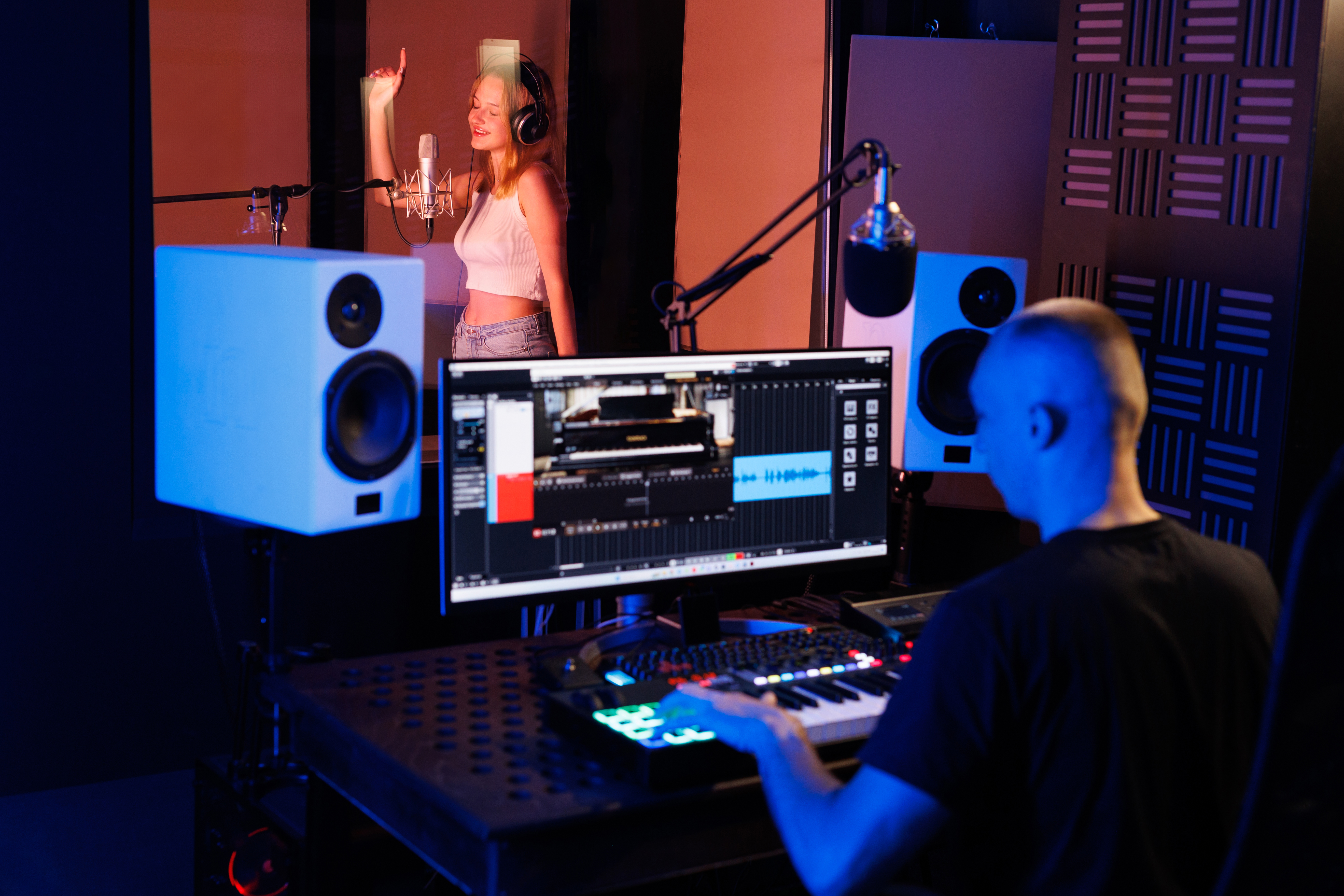Crack the Code: Successful Music Submissions in Competitive Licensing Markets

Crack the Code: Successful Music Submissions in Competitive Licensing Markets
Most music submissions never make it past the first review in competitive markets. You’ve crafted your sound, but getting it heard in music licensing feels like hitting a wall. Let’s break down what separates the tracks that get picked from those that get passed over—and how you can position your music to stand out and win licensing opportunities. For more insights, check out this podcast episode.
Winning Strategies for Music Submissions

Getting your track noticed starts with making it shine. Let's explore how to craft a track that stands out, understand what the market wants, and pitch it the right way.
Crafting a Standout Track
Your music must grab attention from the first note. Focus on creating a unique sound that reflects your artistry. Think about what makes your music special. Is it the catchy hook or the evocative lyrics? Highlight these elements. Use a high-quality recording studio like Union Recording Studio to ensure your sound is polished and professional. Remember, most professionals agree that a well-produced track is essential for success.
Understanding Market Trends
Staying in tune with what's popular can give you an edge. Research current hits in your genre and notice any common threads. Are upbeat tracks in demand, or is there a shift towards acoustic sounds? You can also leverage platforms like Spotify to see what's trending. By aligning your music with these trends, you increase your chances of catching a licensor's attention. Most importantly, adapt without losing your unique style.
Tailoring Your Pitch
A compelling pitch is crucial. Tailor your pitch to the specific licensing opportunity. If you're submitting to an ad agency, focus on how your track enhances their brand message. For film placements, highlight how your music complements the narrative. Personalize each submission. Include a brief story about your track and why it's a perfect fit. Using storytelling makes your music memorable and creates a connection with the listener.
Navigating Competitive Licensing Markets

Now, how do you navigate the complex world of music licensing? Building connections and using online platforms strategically can pave your way to success.
Building Industry Connections
Connections open doors. Start by networking with industry professionals. Attend music conferences and join online music communities. Engage with music supervisors on platforms like LinkedIn. Building genuine relationships can lead to valuable opportunities. Most artists find that personal connections often lead to licensing deals. Remember, it's not just about what you know but who you know.
Leveraging Online Platforms
Online platforms are goldmines for music licensing. Websites like Musosoup offer great opportunities for artists. Upload your tracks to music libraries and sync platforms. Ensure your metadata is accurate and includes relevant keywords. This increases the chances of your music being discovered. Many artists have found success through consistent online submissions, so stay active and persistent.
Positioning for Success
Positioning your music strategically is key. Focus on your unique selling points. Highlight what sets you apart from other artists. Are you a master at blending genres, or does your music tell a compelling story? Use these attributes to position yourself in the market. The longer you wait to define your niche, the harder it becomes to stand out. Be proactive and assertive in your approach.
Preparing Your Music for Licensing

Getting ready for licensing involves more than just your music. Attention to detail in production, and a polished submission, can make all the difference.
Fine-Tuning with Professional Help
Professional help can elevate your music. Consider hiring a mixing or mastering engineer to refine your tracks. They can enhance your sound quality, making your music more appealing to licensors. Many successful artists invest in professional help to ensure their music meets industry standards. It's a small price to pay for a big opportunity.
Essential Production Tips
Production quality is crucial. Use high-quality equipment and software to record your music. Pay attention to the mix and ensure each element of your track is balanced. Avoid using uncleared samples to prevent legal issues. A well-produced track not only sounds better but also shows professionalism. Most people think they can cut corners, but quality always wins.
Finalizing Your Submission
Your submission should be flawless. Double-check your metadata and ensure all information is accurate. Include your contact details and make your track easily accessible through platforms like Google Drive or Dropbox. A clear and professional submission package increases your chances of success. The effort you put into finalizing your submission reflects your dedication and can set you apart from the competition.
🎶✨
For more detailed guides on music submissions, visit AMW Group's blog or explore insights from Elizabeth Records.